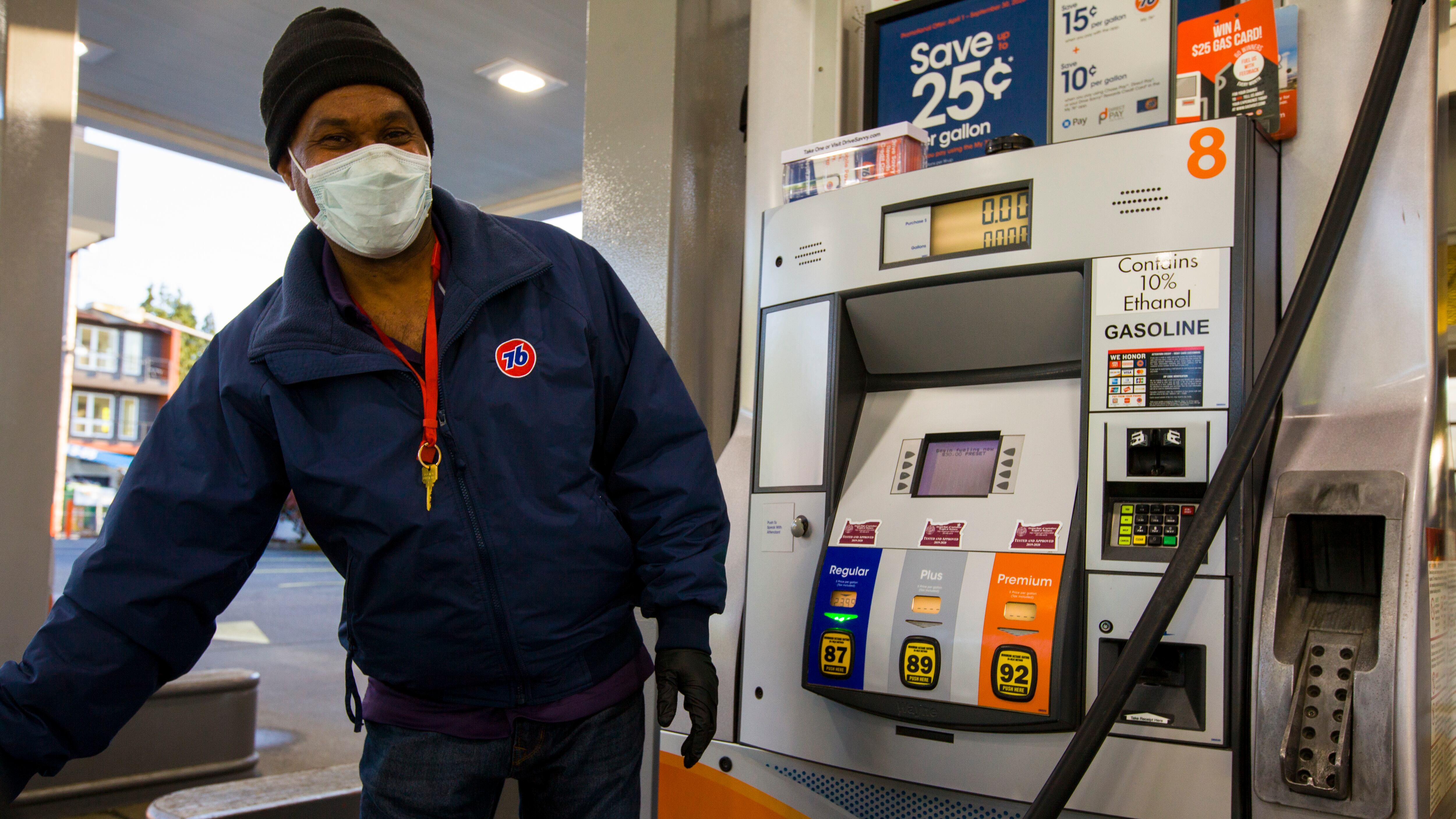In early March, Oregon Gov. Kate Brown faced an outcry from public health experts and her Democratic allies when she hesitated to close schools and order people home in the face of a pandemic.
Now she's again moving gingerly in deciding when to reopen the state. But this time, her caution is winning better reviews.
Experts who spoke with WW mostly praise Brown's approach—and say she's following best practices while other U.S. governors rush headlong into catastrophe.
"She has outlined really sensible criteria," says David Bangsberg, dean of the OHSU-PSU School of Public Health. "Whether we're ready now, I think it's too soon to say."
Last week, Brown said she could begin approving the reopening of rural counties by as soon as May 15. The governor's office says any timetable—in Portland or elsewhere—will depend on whether that area meets benchmarks for testing and tracing people who might have the virus.
She's mandating that each county provide a written plan, prove it has enough personal protective equipment, and explain where it will shelter people who get sick. And hospitalizations in any county must have declined over the past 14 days before she'll consider reopening it.
That's a far cry from states like Texas and Tennessee, which are experiencing surges in cases even as their governors allow widespread reopenings.
To be sure, the governor faces criticism from rural counties and five Clackamas County mayors, who on May 5 demanded she move more quickly.
"We don't have time to wait much longer," said Mayor Keith Swigart of Molalla. "Everything keeps getting pushed forward.…We have businesses now that will probably not open. Things need to change."
But most observers think the success of Oregon's reentry will depend on ironing out details in the coming days.
Oregon State University professor Chunhuei Chi likes the plan—but not when it starts. He wants to see Oregon's cases shrink even further before the governor lifts the stay-home order. Thirty cases a day in Oregon, he says, may be too many—and it's less than half of what the state is recording now. (Another public health specialist, Carlos Crespo of Portland State University, says the trigger for reopening Oregon should be when no one is dying from the virus.)
Chi also argues the state needs to mandate mask wearing in all indoor settings and public transit, citing the success of East Asia in controlling the outbreak.
"Wearing masks in public is even more important than social distancing," he says. "Ideally, we want to do both."
Two other Democratic constituencies also want tweaks.
The union representing nurses says the governor's plan will only work if Brown increases the baseline amount of protective gear a hospital must have in place before reopening.
Under a policy that went into effect May 1, hospitals can reopen while reusing masks and gowns. The Oregon Nurses Association says that shouldn't happen.
"Two months ago, if you didn't discard a mask between patients, you could face discipline," says Kevin Mealy, a spokesman for the ONA. "The hospitals are relying on unsafe procedures."
Melissa Unger, executive director of Service Employees International Union Local 503, says workers currently face a perverse incentive—a positive COVID-19 test could mean financial disaster, so few are eager to take the test. "You're asking them to get tested," she says. "What if they have no paid time off?" (A federal requirement to fund 14 paid days off for the virus does not apply to a majority of the union's workers, SEIU officials say.)
Unger says the lack of paid leave is a particular problem at nursing homes and other long-term care facilities, where none of the workers represented by her union has enough paid time off to cover the 14-day quarantine period. "If we're going to reopen the economy," Unger says, "we need to make sure they can stay home when they're sick."

